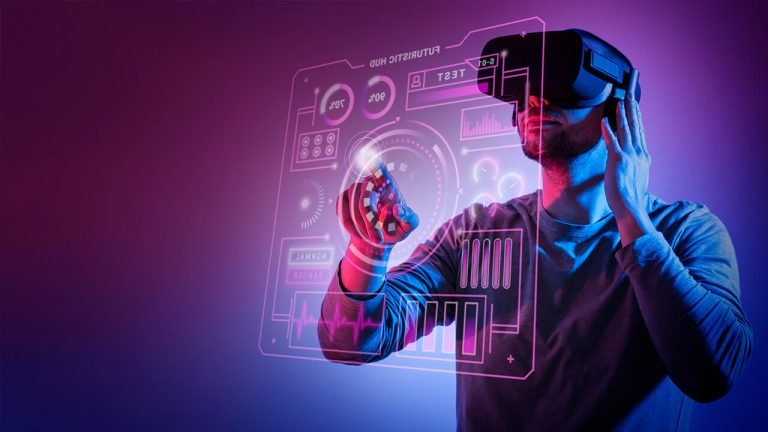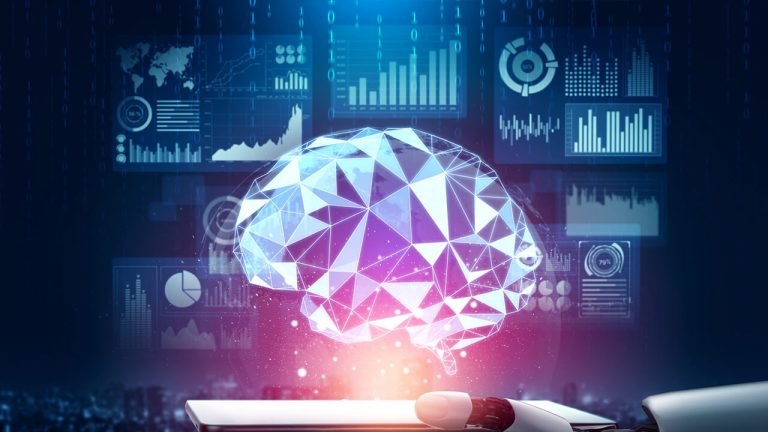The Role of AI in SEO: Revolutionizing Search Strategies
The Role of AI in SEO: Revolutionizing Search Strategies Search Engine Optimization (SEO) has been a cornerstone of digital marketing for decades, but the advent of Artificial Intelligence (AI) is revolutionizing the way businesses approach search strategies. From analyzing user behavior to optimizing content, AI is enabling marketers to make data-driven decisions, adapt to evolving search algorithms, and enhance user experiences. This blog explores the transformative role of AI in SEO and how it’s reshaping the digital marketing . How AI is Reshaping SEO SEO is no longer just about keywords and backlinks; it’s about understanding user intent, creating relevant content, and providing value to audiences. AI has brought a paradigm shift by offering tools and techniques that automate, analyze, and predict SEO trends. A. Smarter Keyword ResearchAI tools like Semrush and Ahrefs are leveraging machine learning to provide insights into keyword trends, competition, and search volume. These tools analyze vast datasets to suggest keywords that align with user intent and match search engine preferences. B. Improved Content OptimizationAI tools like Surfer SEO and Clearscope analyze the top-ranking pages for specific keywords, identifying content gaps and optimization opportunities. These insights help marketers craft content that is comprehensive, relevant, and aligned with search engine algorithms. C. Predictive Analytics for SEOPredictive analytics powered by AI allows marketers to forecast trends and plan their strategies accordingly. By analyzing historical data, AI tools predict the keywords, topics, and content types that will gain traction in the near future. AI in Understanding Search Intent Search engines like Google have shifted their focus from keyword-based indexing to understanding user intent. AI plays a critical role in deciphering what users are looking for, enabling businesses to create content that meets those needs. A. Semantic SearchAI-powered algorithms analyze the context and meaning behind search queries rather than just matching keywords. This has led to the rise of semantic search, where search engines deliver results that are more accurate and contextually relevant. B. Voice Search OptimizationThe growing use of AI assistants like Alexa, Siri, and Google Assistant has popularized voice search. Optimizing for natural language and conversational queries is now a key aspect of SEO. AI tools help marketers identify voice search trends and adapt their strategies accordingly. Enhancing User Experience with AI Google’s ranking algorithms prioritize websites that offer a great user experience (UX). AI helps businesses enhance UX by analyzing user behavior and identifying areas for improvement. A. Page Speed OptimizationAI tools like Google PageSpeed Insights and Lighthouse analyze website performance and provide actionable suggestions to improve loading times. Faster websites not only rank higher but also reduce bounce rates and increase user satisfaction. B. PersonalizationAI enables businesses to deliver personalized experiences based on user preferences and behavior. For instance, dynamic content recommendations based on browsing history improve engagement and keep users on the site longer.




